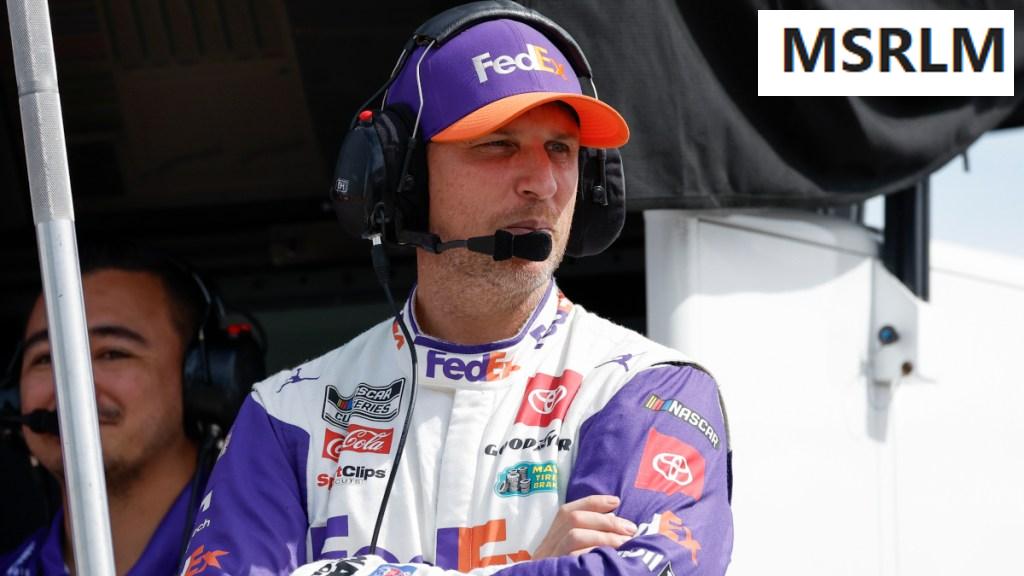In a surprising turn of events in the world of NASCAR, veteran driver Denny Hamlin has publicly voiced his concerns over a new rule—known as the Open Exemption Provisional (OEP)—that the racing organization has introduced. This rule allows a non-NASCAR driver to secure a guaranteed spot in the prestigious Daytona 500, a race that marks the start of the NASCAR Cup Series each year. Hamlin’s criticism centers around the notion that this move could reflect a desperate attempt by NASCAR to attract more fans and ensure the race remains competitive and exciting.
Understanding the Open Exemption Provisional
The OEP is designed to grant a guaranteed starting position in the Daytona 500 for selected drivers who are not regular participants in NASCAR, including those from other racing disciplines. This year, the rule saw its first beneficiary in Helio Castroneves, a celebrated racer known for his achievements in the IndyCar series. Castroneves has been granted the OEP following a request from Trackhouse Racing, enabling him to either qualify through the standard process or use this provisional entry.
Implications for the Daytona 500
This new rule could potentially expand the Daytona 500 starting field to 41 cars. NASCAR enthusiasts may find this development intriguing, especially considering that it’s been a tradition for drivers to battle their way into the race through qualifying heats. The OEP is meant to keep the event fresh by incorporating world-class drivers from various racing backgrounds, thus fostering a dynamic competition. However, Hamlin is not entirely convinced this is the long-term solution that NASCAR needs.
Denny Hamlin’s Concerns
Hamlin referred to the OEP as an act of “desperation” when it comes to maintaining NASCAR’s relevance in the fast-paced world of sports entertainment. He emphasized that while this might bring short-term excitement or exposure, it risks undermining the integrity of the traditional racing formats that have defined the sport for generations. With only one OEP allowed per race and the requirement for teams to submit a request 90 days in advance, it stands to be seen how often this rule will come into play in future events.
The Bigger Picture for NASCAR
This situation raises a broader question about NASCAR’s direction. As the sport continues to evolve, the balance between tradition and innovation becomes increasingly critical. Hamlin fears that darting toward gimmicks for increased viewership might dilute what has made the Daytona 500 a quintessential American sporting event. Fans and analysts alike are left pondering whether this rule is a strategic move or merely a reactive measure to changing times in the sports world.
Looking ahead to Daytona
As the engines rev up for the upcoming Daytona 500, all eyes will be on how drivers, fans, and NASCAR officials adapt to these changes. For many, the Daytona 500 is not just a race; it’s a moment steeped in history and a showcase of talent. While the OEP might introduce new faces to the event, the challenge will be to maintain the excitement and purity of competition that fans have cherished since its inception.
